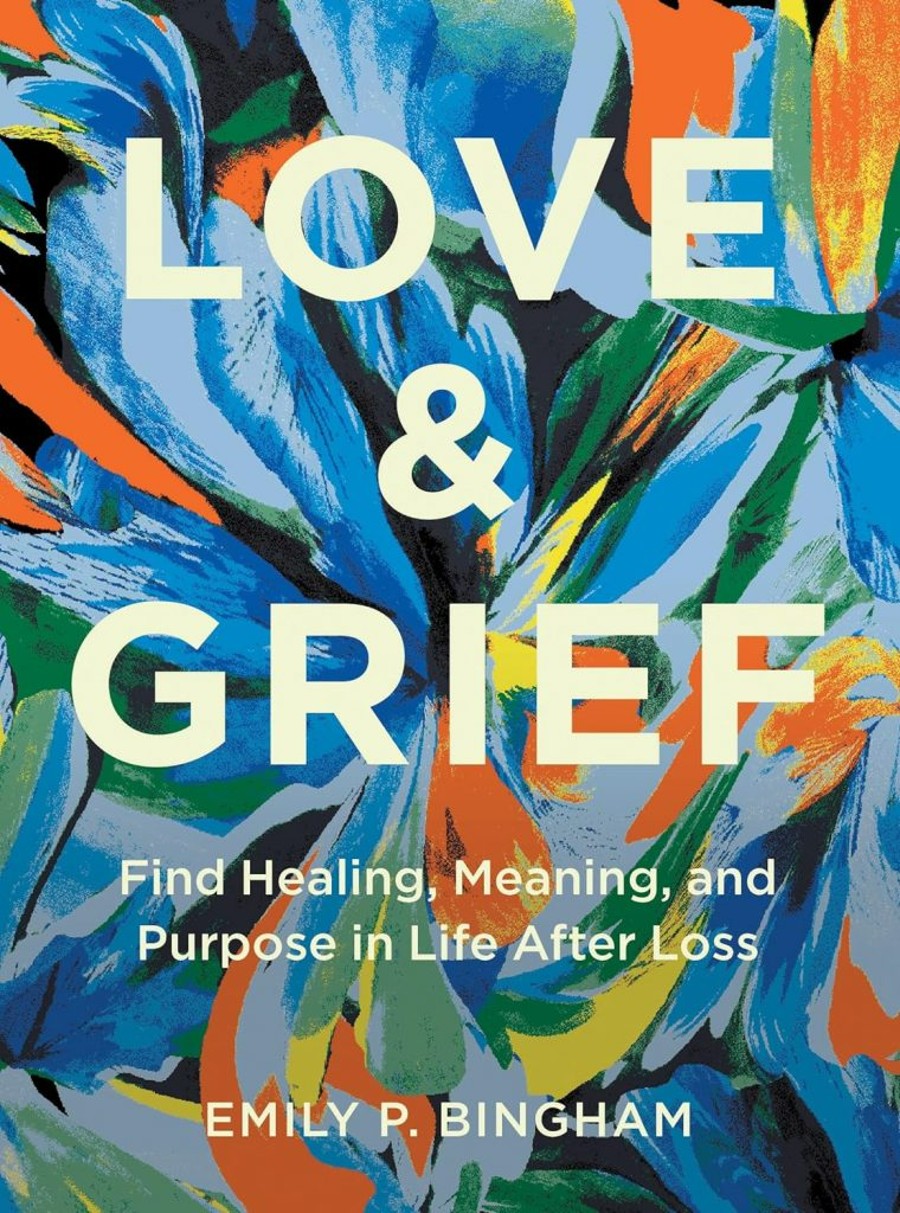How to Help Someone Cope with Grief

Grief happens to everyone at some point, but knowing how to help a friend or loved one through it can feel tricky. The right support can bring comfort and remind them they’re not alone. It’s not about saying the perfect thing or having all the answers.
It’s about showing up and being there, even in small, steady ways. Here are some straightforward ways you can support someone who is grieving. Take these steps to heart and use them in a way that feels real for you and the person you care about.
If someone is struggling to cope and can’t afford private counselling, they can receive free grief counselling from Cruse.
Also read our post on grief support for companion animals.
The Five Stages of Grief

You might have heard of the five stages of grief: denial, anger, bargaining, depression, and acceptance. However, the journey through these stages is not the same for everyone.
- Denial: This is often the brain’s way of softening immediate shock. Someone might carry on as if nothing’s changed.
- Anger: Frustration can surface, sometimes directed at others or at life itself.
- Bargaining: A person might dwell on “if only” scenarios, wishing to undo their loss.
- Depression: This stage might bring long periods of sadness and withdrawal.
- Acceptance: Eventually, there may come a sense of understanding or reconciliation with the loss.
While these stages can offer a framework, remember that not everyone will experience all of them, or in this order.
Listen Without Judgement
One of the most helpful things you can do is simply listen. Let them talk about their feelings, their memories, or even their silence, without stepping in to fix things. Don’t rush to offer advice or compare losses.
Sometimes, just sitting together and nodding along is enough. This shows you’re there for them, and they can trust you to hold their feelings safely.
Acknowledge Their Loss
Speak clearly and kindly. Use the name of the person they’ve lost if you can. Even a simple “I’m so sorry for your loss” goes a long way.
Avoid clichés or trying to look on the bright side too soon. The pain is real for them, and your honest words can help them feel seen and understood.
Offer Practical Help
People who are grieving often struggle to handle everyday tasks. Offer specific help instead of a vague “let me know if you need anything.” You might bring round a meal, take care of shopping, help tidy up, or drive them to appointments.
These small gestures lift some of the daily weight from their shoulders while showing you care in a concrete way.
Respect Their Grieving Style
Everyone grieves differently. Some want company, while others need space. Pay attention to their cues and respect their wishes, even when they change day by day.
Ask, “Would you like some company today?” or “Would you prefer some time to yourself?” Being flexible shows you value their needs above any set formula.
Keep Checking In
Support matters in the early days, but it’s just as important weeks or months later. Grief can last a long time, often arriving in waves.
Drop them a message, send a card, or invite them out, even if they’ve turned you down before. Small, steady reminders let them know you haven’t forgotten, and you still care.
Encourage Memories
Sharing stories or memories about the person who died can bring comfort. Mention their name and talk about good times, or let your friend bring up memories if they want.
Don’t worry about making them sad. Often, these conversations help keep their loved one alive in their minds and hearts.
Be Patient With Mood Swings
Grief can cause people to feel angry, quiet, withdrawn, or even irritable. Try not to take it personally. Give them grace for missed calls or plans, and let them know you’re not keeping score.
This patience helps them feel safe to be themselves, no matter how up and down their feelings might be.
Guide Them to Professional Support If Needed
Sometimes, grief becomes overwhelming or leads to deep sadness that doesn’t lift. If you notice ongoing withdrawal, hopelessness, or talk of harming themselves, gently encourage them to reach out to a counsellor or doctor.
Remind them that asking for help is a strength, not a weakness, and offer to help them make that first step if they’re comfortable.
Include Them in Everyday Life
Invite them along for a walk, a meal, or a regular catch-up. Even if they turn down most invites, it helps to be asked. Sometimes familiar routines provide comfort and remind them of life beyond their grief.
It’s not about pretending nothing’s happened, but about welcoming them just as they are.
Take Care of Yourself Too
Supporting someone through grief can take a toll. Make sure to check in with your own feelings, set boundaries if needed, and ask for help if you’re struggling. Looking after yourself helps you stay present and caring without burning out, so you can keep showing up in a meaningful way.
Books to Help Someone Grieving

Turning Toward Grief is a beautiful book by a poet and mindfulness teacher, who shows how poetry can help to process feelings of grief and bring comfort. Especially for those who don’t follow a particular religion.
This book of comforting poems have been shared by thousands of people across the world. The author includes brief prose reflections after each poem, to encourage and support you.
By paying attention to grief (instead of bottling it up), we can (however difficult) turn toward our grief, in gentle ways to help heal.
As a bereavement and end-of-life therapist, I have long waited for a book like this to be written. Claire Willis
Author James Crews is a poet and writer. He curates The Weekly Pause (a free poetry newsletter) from his home in Vermont (USA).

Love and Grief is an easy-to-read illustrated guide, to remind us that each grief journey is different. Know the necessary changes you must make, and also know what you cannot control,.
The author (a certified grief counsellor) lost her husband at a young age, so has travelled the same journey as the reader.
Grieving Room is by an ordained minister and grief educator. Only when her own sister died from cancer did she realised what grieving people don’t need, and what they do. Room for imperfect goodbyes and room for a changing faith, room for regret and to rage at the world.
Room for hard holidays and to never ‘get over it’. In a world that wants to rush towards ‘closure and healing’, this book gives permission to let loss linger.
Grieving the Death of a Father is a book that looks at unique ways to cope, when losing someone close to us. After the physical loss of a father, there are slower processes to go through, as a natural response in a world where (most) people have their fathers live a long time.
But if you’ve lost a father at a younger age than most, you likely have to live through sadness, guilt, memories and the reality of growing up with the man who likely protected you from harm.
Make no mistake about it. The death of a father causes a very significant wound. Some of us tend the wound, some of us ignore it.
But the wound is not that our father died and by his death our world is forever changed. No, the world is that the world around us acknowledged the death for one very brief moment, then skipped merrily on its way.
The author (a former funeral director) and a member of the Association for Death Education and Counselling also wrote the accompanying book Grieving the Death of a Mother.
Losing a mother early in life is a difficult transition, as no matter what the status of the relationship (good or not), this is likely the first person you turn to, when going through difficult times.
And if she is no longer there, you may find it harder to cope than most, when needing a sympathetic ear to listen. Of course if you have lost both parents early in life, the hardship emotional pain is doubled.
Losing a mother deprives you of a chief cheerleader. A friend once told me ‘I lost the one person who would love me, no matter what happened in my life. I always knew my mother would be there for me’.
Many grievers are left burdened with unfinished business, apologies that were never verbalised, unexpressed appreciations and unspoken affections.
My friend Carl captured the feelings of many when he said ‘I still needed her. I wasn’t finished growing up yet’. Some mothers serves as the glue that held a fragile family together. Make no mistake. The death of a mother can be one of life’s toughest experiences.
Although I am 54 years old, I am not all ‘grown up’. Just once more I would like to hear ‘Oh, I am so glad you called. I was just thinking about you. Did you have something good to eat today?’
Grieving the Death of a Friend is a book for grief that often is as painful (if not more so, if you don’t have a close family).
A Simple Exploration of Grief for Children

Bird is Dead includes gentle words and images to make death an approachable subject, with illustrations by a therapist-turned-artist.
In a simple but warm way, this picture book of collaged birds can help discussions with children about what happens when someone (or an animal dies), how to understand feelings of grief and how people experience loss differently, when something tragic happens.
Bird is dead. Yesterday he was alive. How do the other birds know? On your back + feet up = dead. Some of the birds cry a little. And that’s alright.
Crying together can be nice. When it’s time to give Bird a funeral, they reminisce about him, and then have tea with worms (or cake, if you don’t like worms).






